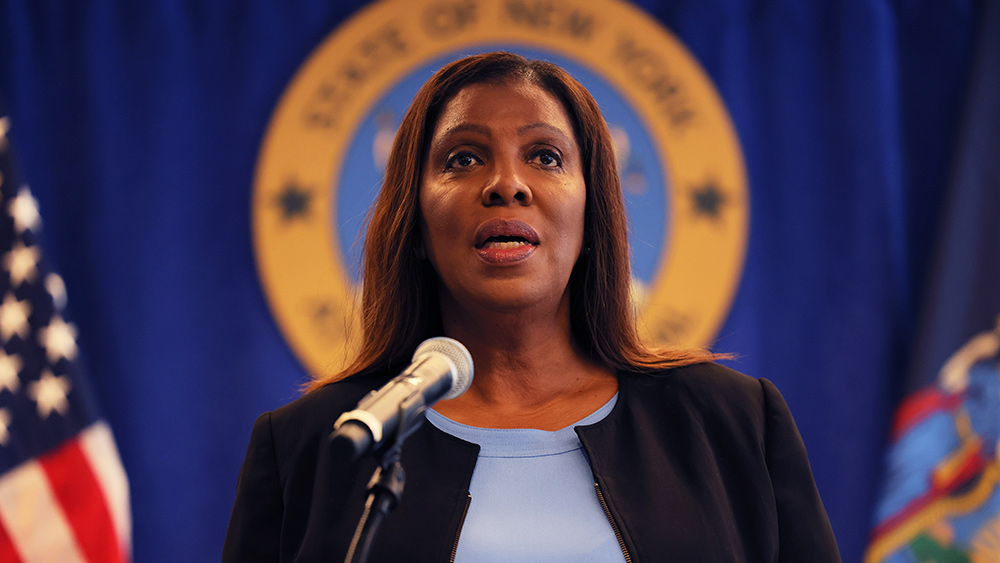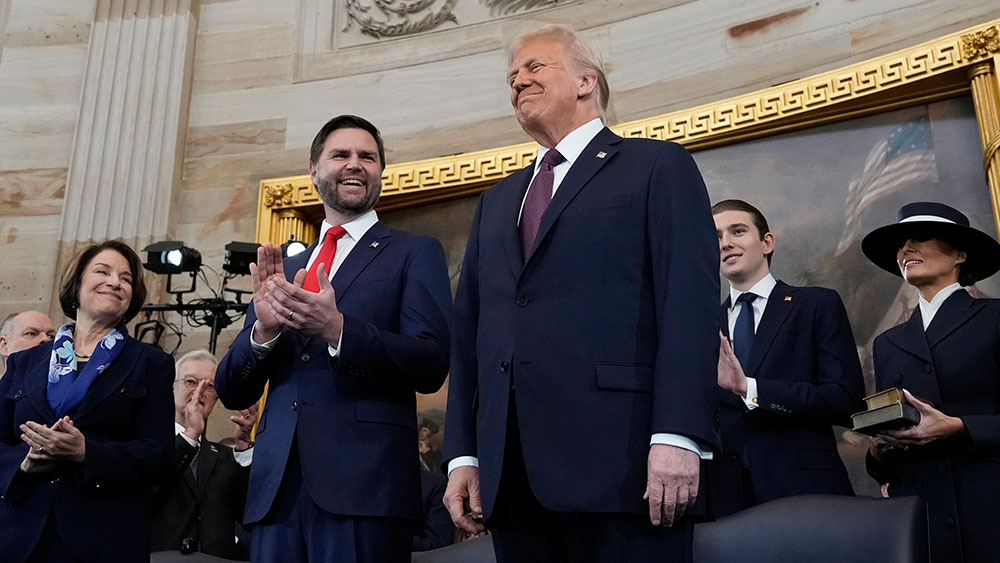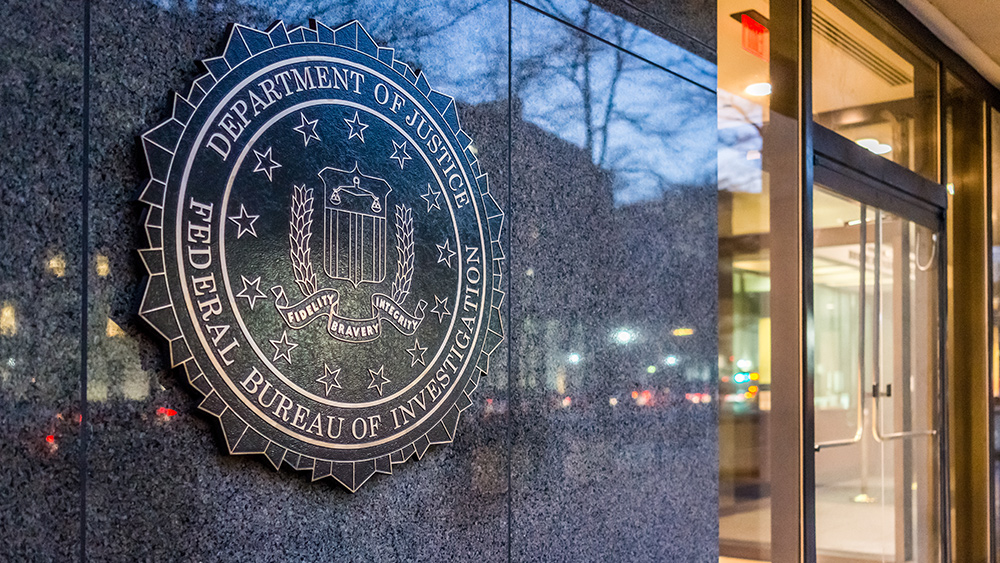 Parler
Parler Gab
Gab
- The Trump-Vance administration's attempt to freeze federal grants and loans has led to legal challenges, political debate and confusion, raising questions about fiscal responsibility and effective governance.
- The initial order aimed to pause all federal financial assistance activities, potentially affecting essential services like housing, disaster relief and childcare that rely on federal funding.
- The administration rescinded the OMB memo within 48 hours, citing legal challenges and widespread confusion, but insists the executive orders on federal funding remain in effect.
- The freeze presents a dilemma for conservatives, balancing long-standing values of reducing federal spending with concerns about the policy's execution and potential damage to public trust.
A conservative dilemma: Principle vs. pragmatism
This is not the first time a presidential administration has attempted to wield executive power to reshape federal spending. Historically, such efforts have often faced legal and political pushback. For example, President Obama’s use of executive orders to implement parts of his immigration agenda was met with fierce resistance from Republicans, culminating in a Supreme Court battle. Similarly, President Trump’s first-term attempts to defund so-called “sanctuary cities” were blocked by federal courts. The current freeze, however, stands out for its sweeping scope and the chaos it has unleashed. By targeting hundreds of billions of dollars in grants and loans, the administration has risked disrupting essential services that millions of Americans rely on. Critics argue that the move is less about fiscal responsibility and more about advancing a partisan agenda. For conservatives, the freeze presents a dilemma. On one hand, the principle of reducing federal spending and eliminating wasteful or ideologically driven programs aligns with long-standing conservative values. The Trump-Vance administration has framed the freeze as a necessary step to root out “scams, dishonesty, waste and abuse” in government spending. As Leavitt stated, “He’s just trying to ensure that the tax money going out the door in this very bankrupt city actually aligns with the will and the priorities of the American people.” On the other hand, the execution of this policy has been anything but smooth. The lack of clarity, the abrupt rescission of the OMB memo, and the legal challenges have created an image of an administration struggling to govern effectively. As Paul Light, an expert on the federal government, noted, “You can’t just hassle, hassle, hassle. You’ve got to deliver.” Moreover, the freeze has drawn criticism from both sides of the aisle. Republican leaders in Louisiana expressed concerns about the potential impact on state finances, while Democratic attorneys general from 22 states filed a lawsuit to block the policy permanently. Even some conservative voices have questioned whether the administration’s approach risks alienating voters who depend on federal programs. Sources include: RT.com BBC.com APNews.comGovernments continue to obscure COVID-19 vaccine data amid rising concerns over excess deaths
By patricklewis // Share
Tech giant Microsoft backs EXTINCTION with its support of carbon capture programs
By ramontomeydw // Share
Germany to resume arms exports to Israel despite repeated ceasefire violations
By isabelle // Share










